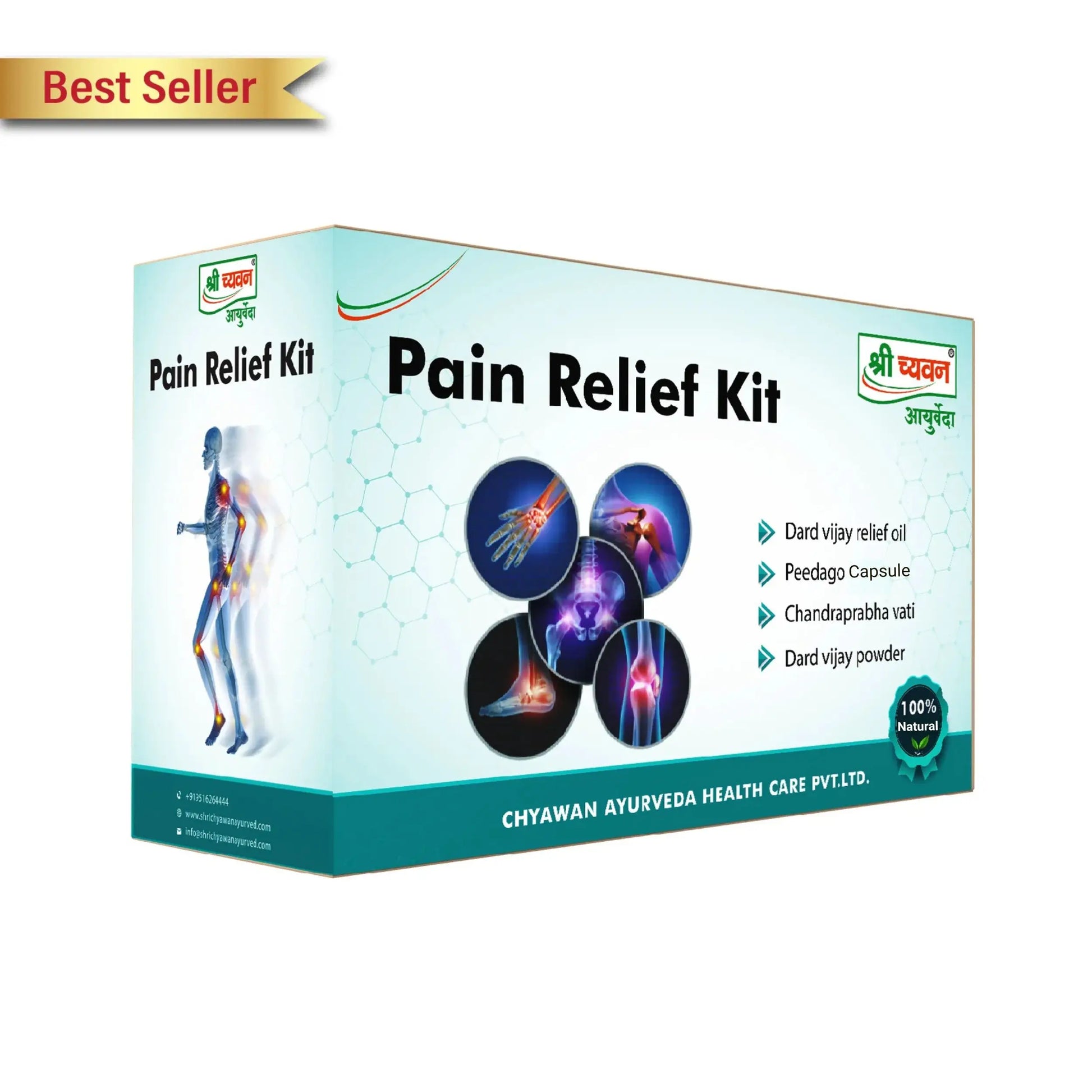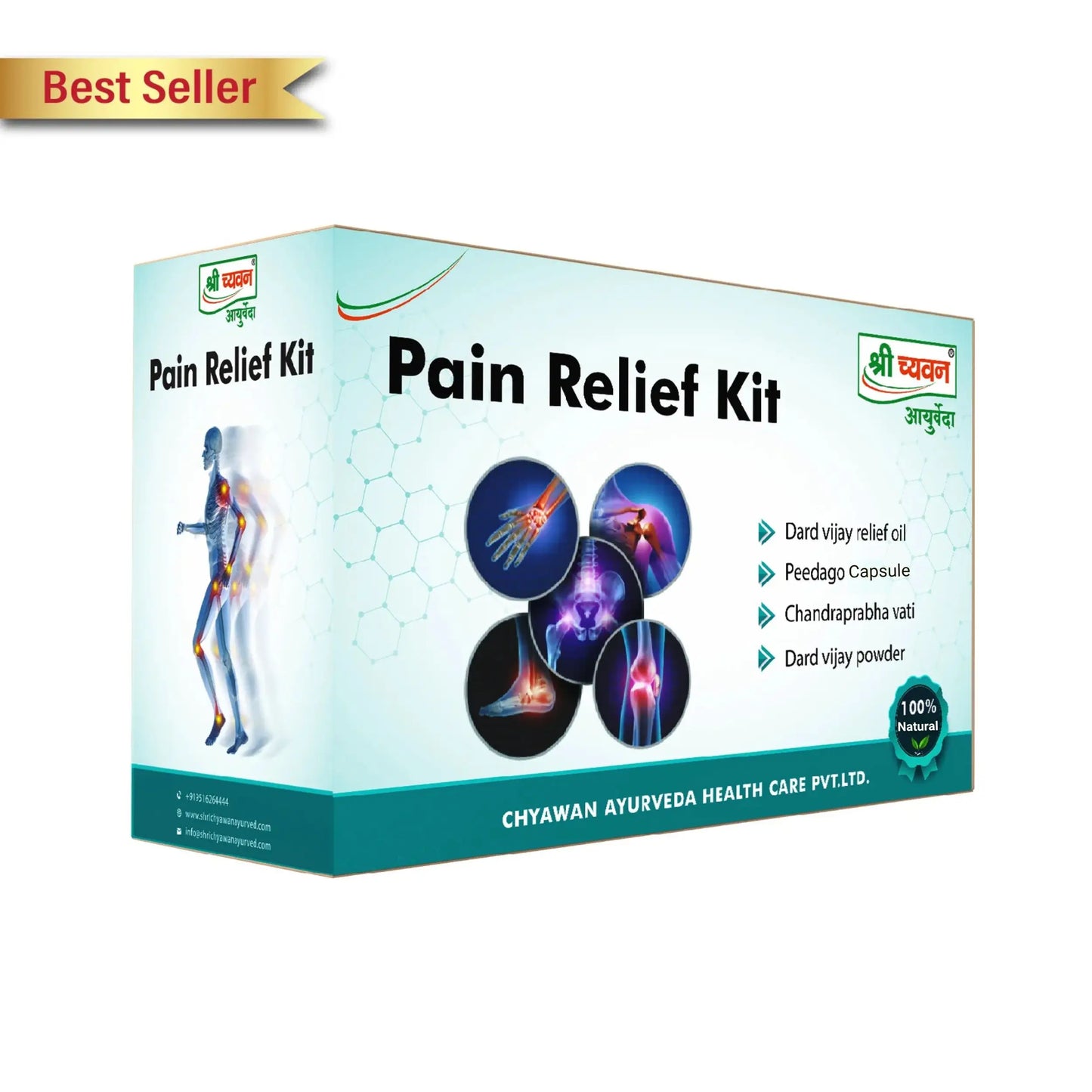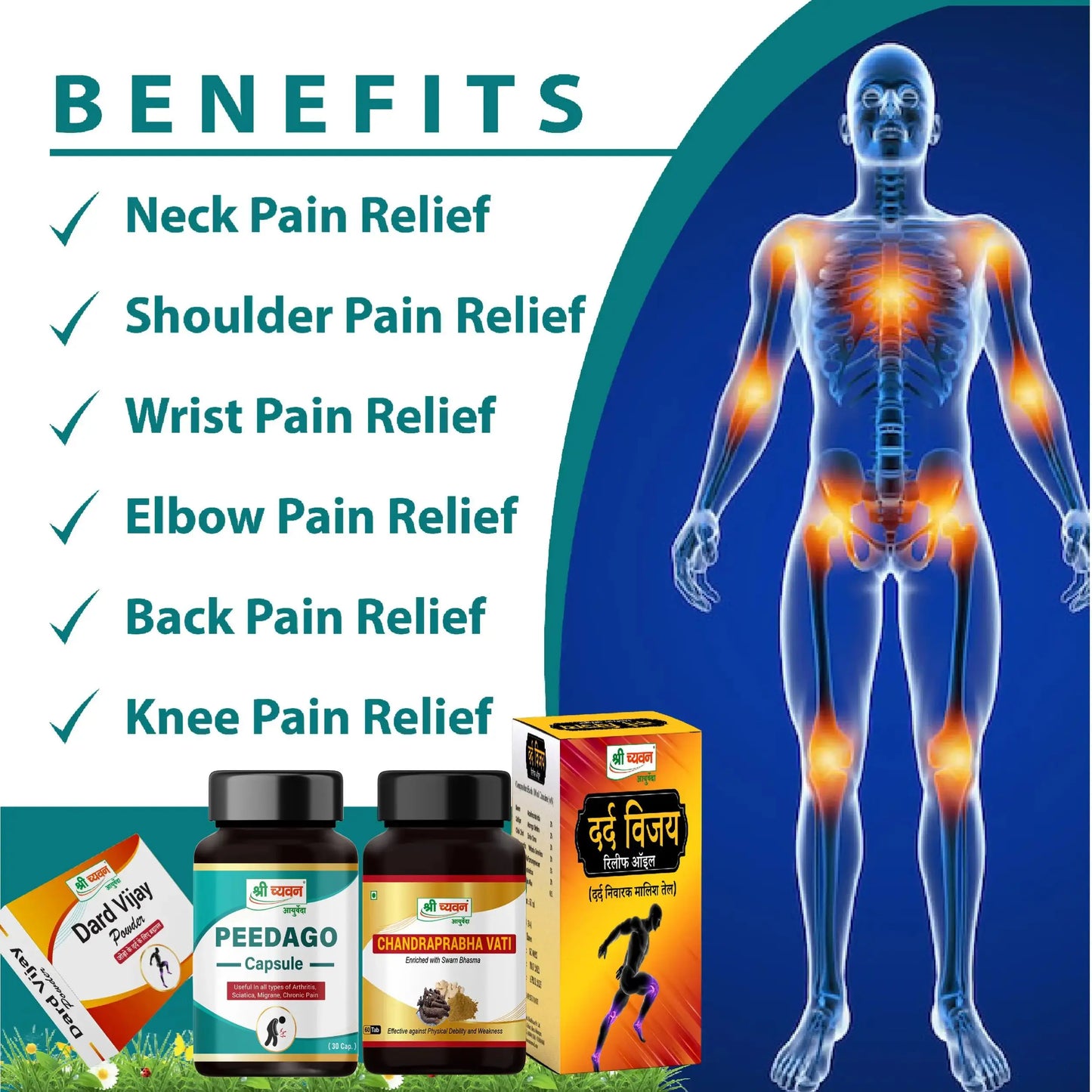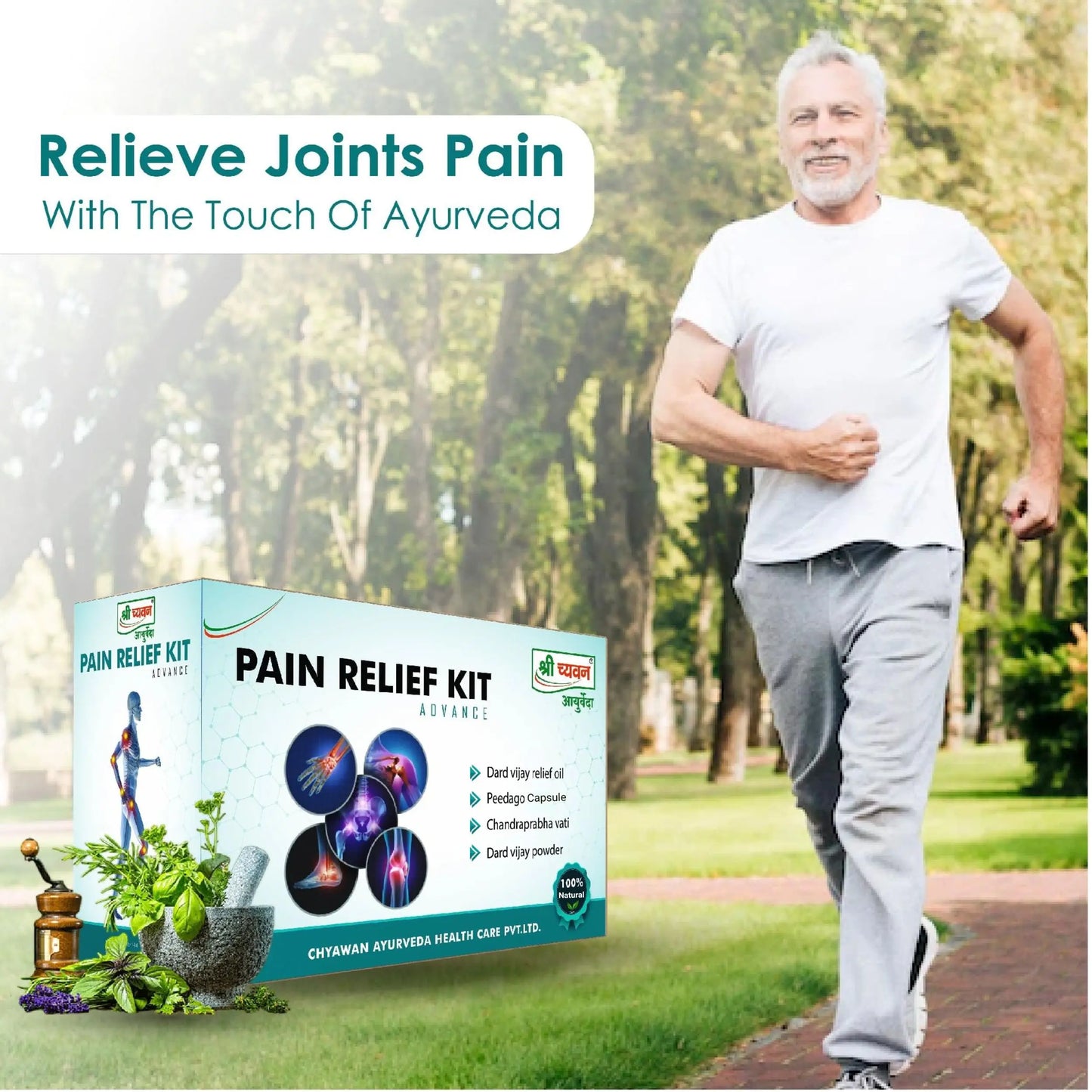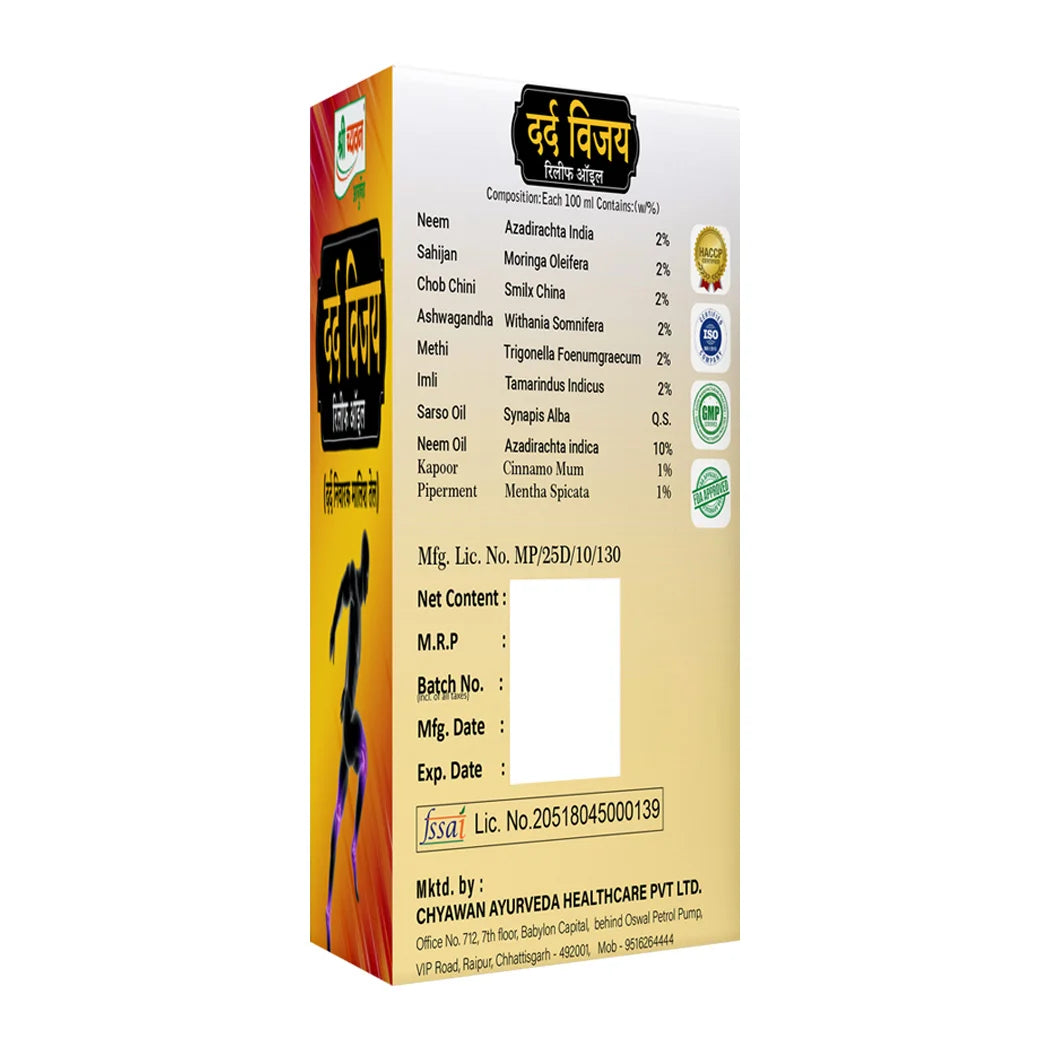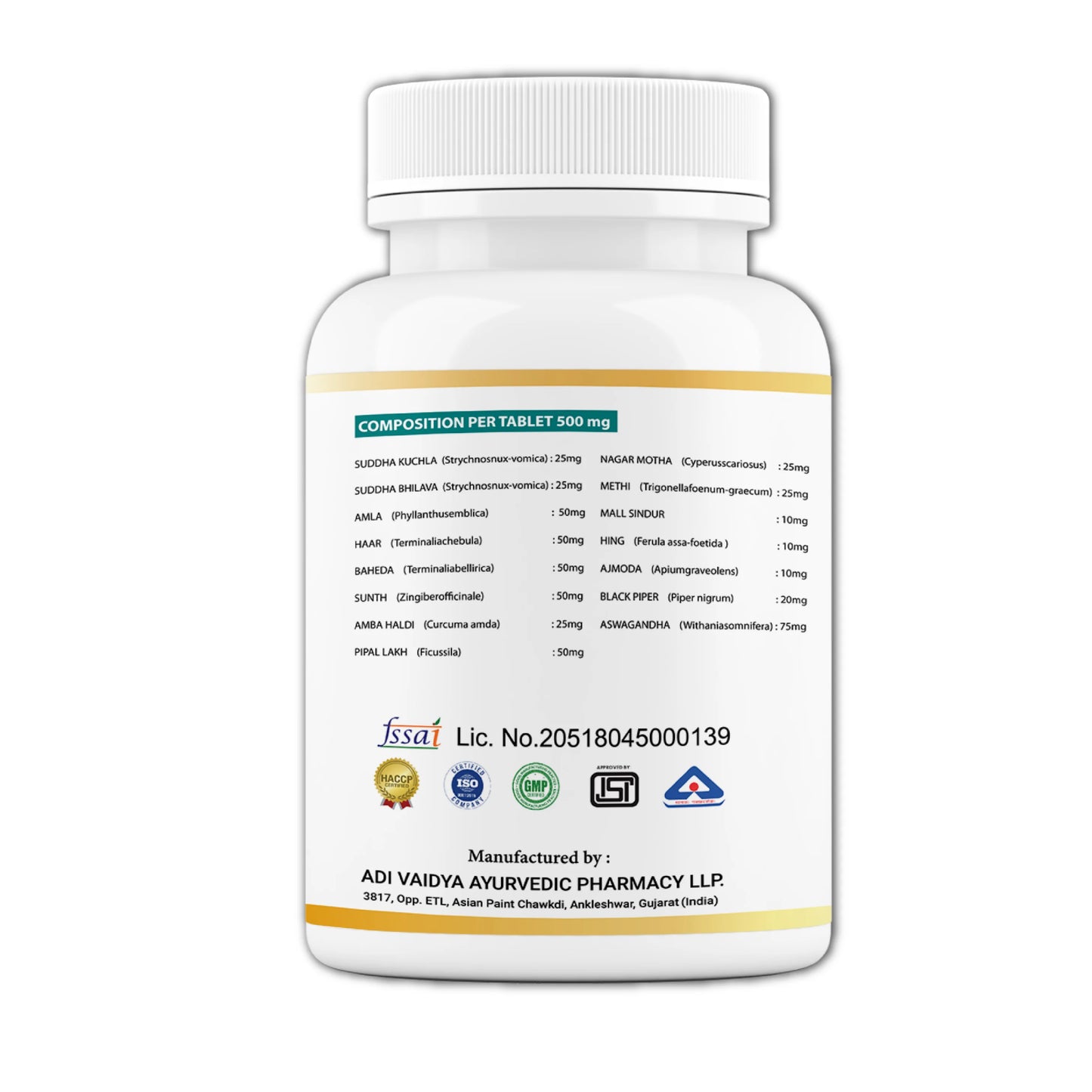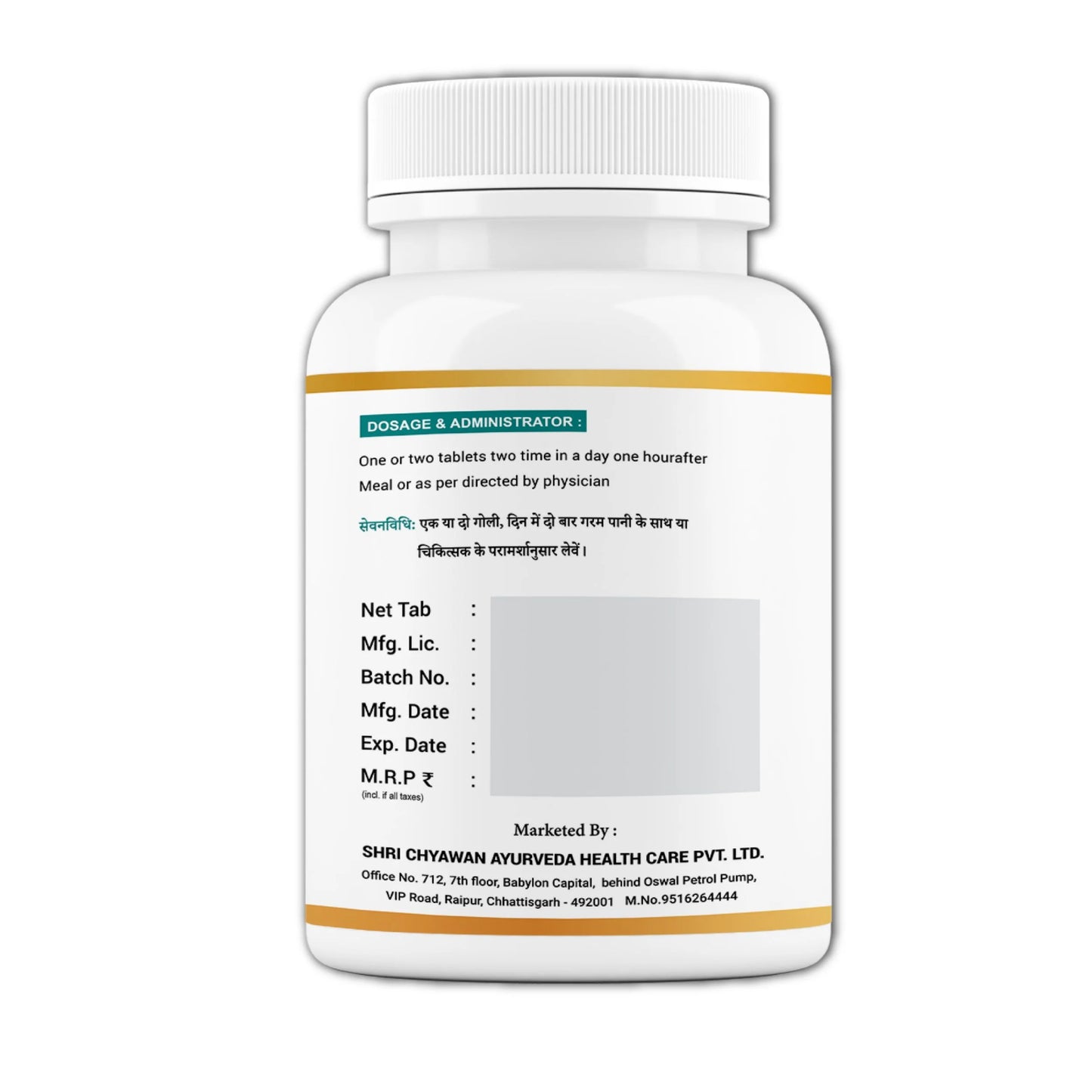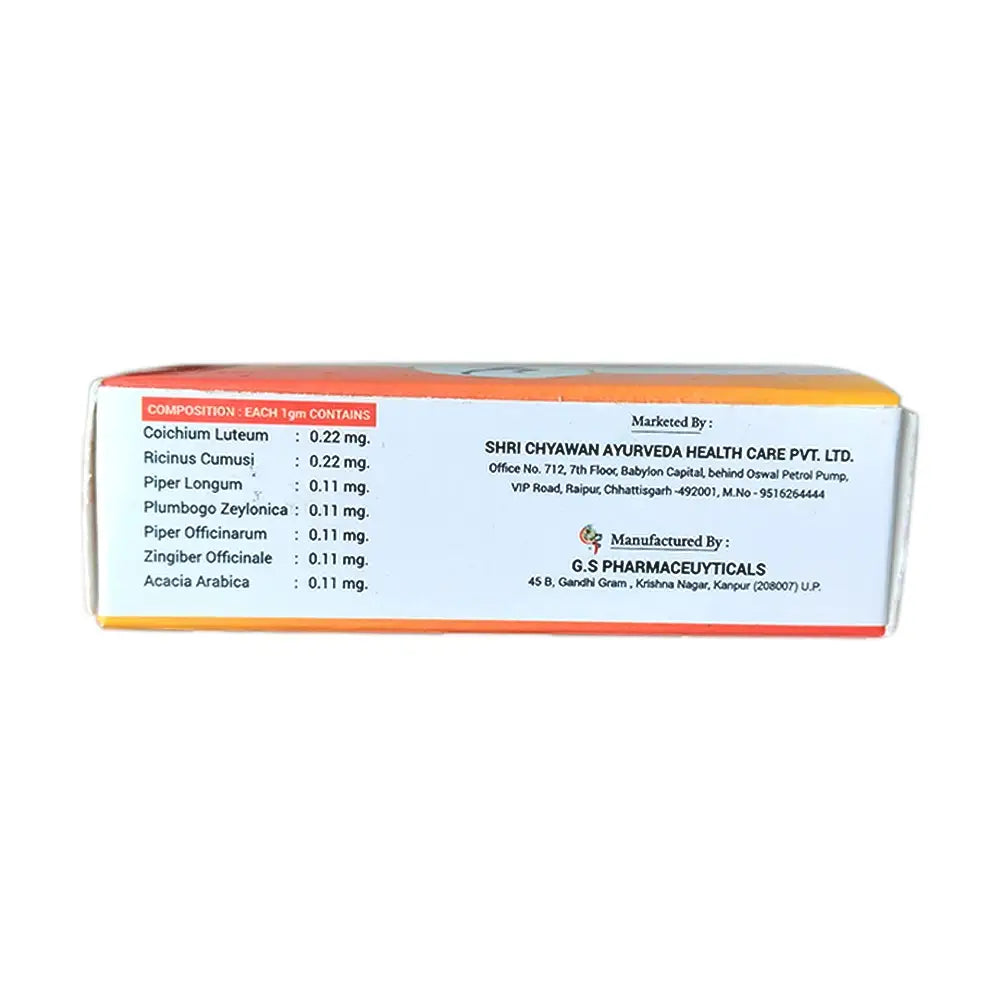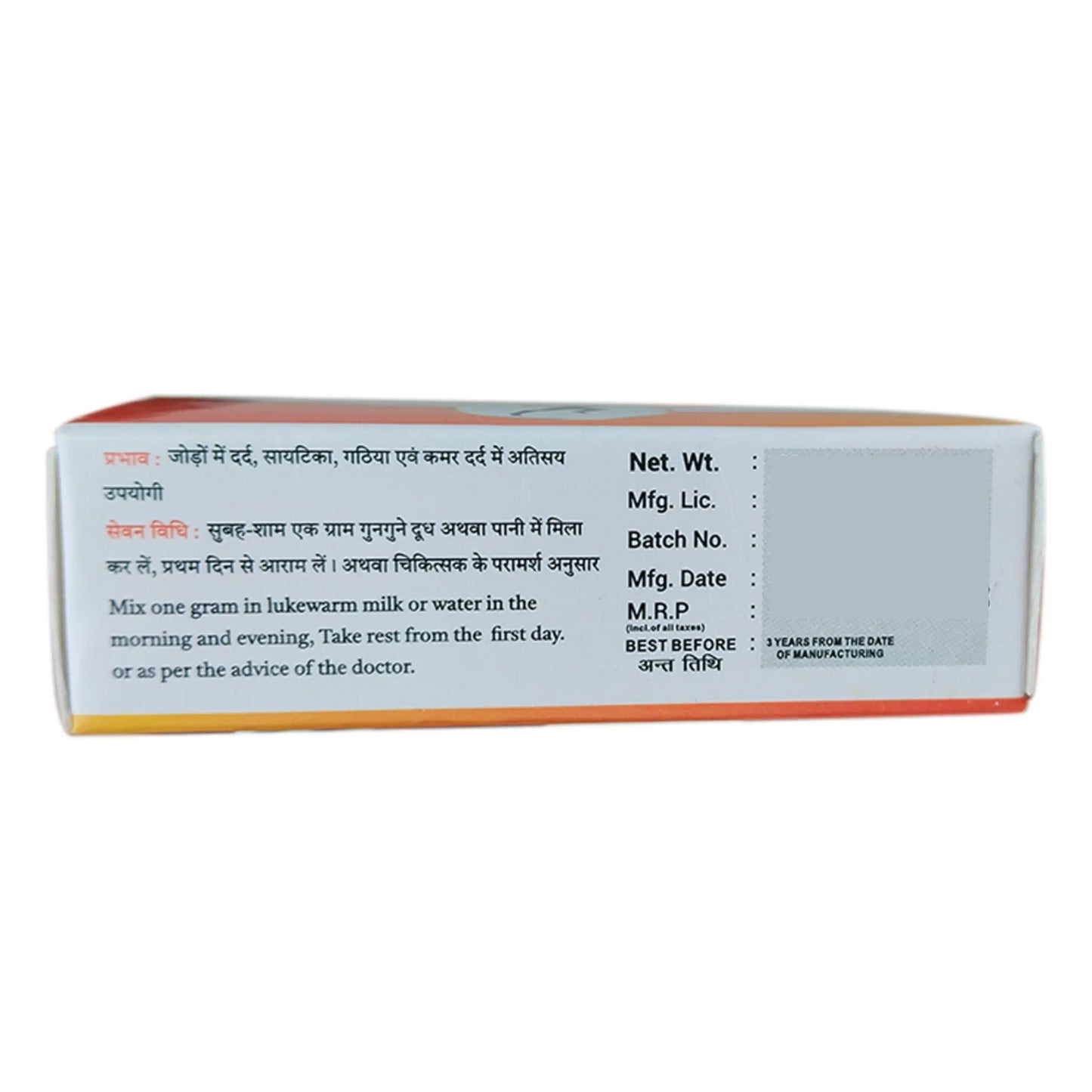Introduction: Overview of Arthritis in Young Adults
Arthritis isn’t just an older adult’s condition—it can affect young people too, causing joint pain, stiffness, and mobility issues. Rising cases in young adults are linked to genetics, lifestyle, and environmental factors. Early awareness and treatment are key to managing the condition effectively.
Types of Arthritis: Common Types Affecting Youth
1. Rheumatoid Arthritis (RA) – An autoimmune condition causing joint inflammation, pain, and swelling.
2. Juvenile Idiopathic Arthritis (JIA) – A type of arthritis that develops in children and young adults, marked by persistent joint pain.
3. Psoriatic Arthritis – Associated with psoriasis, causing joint inflammation and skin symptoms.
4. Reactive Arthritis – Triggered by infections, leading to joint pain and swelling.
5. Osteoarthritis (OA) – Though rare in youth, can result from joint injuries or overuse.
Each type presents unique challenges, making early diagnosis essential.
Causes of Arthritis in Young Adults
1. Genetics – Family history can increase susceptibility to certain types of arthritis, like rheumatoid arthritis.
2. Lifestyle Factors – Poor diet, obesity, and a sedentary lifestyle strain joints and may trigger arthritis.
3. Injuries and Overuse – Sports injuries, repetitive movements, or joint stress can lead to early-onset arthritis.
4. Infections – Certain infections can trigger reactive arthritis or autoimmune responses.
5. Autoimmune Disorders – Conditions where the immune system attacks healthy tissues, leading to inflammation.
6. Environmental Factors – Exposure to toxins or pollutants may contribute to joint inflammation.
7. Hormonal Changes – Hormones can play a role, especially in autoimmune-related arthritis.
Understanding these causes helps in early prevention and management.
Symptoms and Risk Factors: Early Warning Signs to Watch For
Common Symptoms
1. Joint Pain – Persistent or recurring pain in one or more joints.
2. Stiffness – Difficulty moving joints, especially in the morning or after inactivity.
3. Swelling – Redness, warmth, or inflammation around joints.
4. Fatigue – General tiredness, often associated with autoimmune forms of arthritis.
5. Reduced Mobility – Difficulty performing everyday tasks due to joint discomfort.
Risk Factors
1. Family History – A genetic predisposition to arthritis.
2. Injuries – Prior joint injuries from accidents or sports.
3. Obesity – Extra weight increases stress on joints.
4. Infections – Certain bacterial or viral infections can trigger arthritis.
5. Lifestyle Choices – Sedentary habits and poor diet worsen joint health.
Recognizing these symptoms early can lead to timely diagnosis and better outcomes.
Diagnosis and Treatment: Options for Managing Arthritis
Diagnosis
1. Medical History and Physical Exam – Assessing symptoms, joint function, and family history.
2. Imaging Tests – X-rays, MRIs, or ultrasounds to detect joint damage or inflammation.
3. Blood Tests – Checking for markers like rheumatoid factor or inflammatory indicators.
4. Synovial Fluid Analysis – Examining joint fluid for infection or crystal deposits.
Treatment Options
1. Medications- Pain Relievers: NSAIDs like ibuprofen for pain and inflammation.
- Disease-Modifying Drugs (DMARDs): For autoimmune arthritis like RA.
- Biologic Therapies: Target specific parts of the immune system.
2. Physical Therapy – Strengthens muscles around joints, improving mobility.
3. Lifestyle Changes
- Regular exercise to maintain joint function.
- A balanced diet rich in anti-inflammatory foods.
4. Surgical Options (if necessary)
- Joint repair or replacement in severe cases.
Early and personalized treatment helps manage symptoms and prevent progression.
Prevention Tips: Healthy Habits to Protect Your Joints
1. Maintain a Healthy Weight – Reduces stress on weight-bearing joints like knees and hips.
2. Stay Active – Regular low-impact exercises like walking, swimming, or yoga strengthen joints and muscles.
3. Eat a Balanced Diet – Include anti-inflammatory foods like nuts, and leafy greens. Avoid excessive sugar and processed foods.
4. Protect Your Joints – Use proper techniques during physical activities to avoid injuries.
5. Practice Good Posture – Prevents unnecessary joint strain, especially in the back and knees.
6. Avoid Smoking and Excess Alcohol – Both can worsen inflammation and reduce bone health.
7. Stay Hydrated – Supports cartilage health and joint lubrication.
8. Manage Stress – High stress can worsen inflammation; consider mindfulness or relaxation techniques.
Adopting these habits early can help keep your joints healthy and reduce the risk of arthritis.
Shri Chyawan's Pain Relief Kit:
Product Description: Shri Chyawan Ayurveda has carefully formulated the pain relief ayurvedic medicine in a kit - Pain Relief Kit to provide relief from all kinds of Joint, Muscle, Body Pain, etc. Are you facing problems such as Back Pain, Knee Pain, Sciatica, Cervical, Slip-disk or any other joint or muscle related pain or cramps, then order Shri Chyawan Ayurveda's Pain Relief Kit today and get rid of all types of pain. It includes all herbal and natural ingredients and is safe to use for all. This kit consists of:
1. Dard Vijay Powder: Shri Chyawan Ayurveda’s Dard Vijay Powder has been formulated in order to cure all your pain relating to joint, muscular pain, etc. It is prepared using all herbal and natural ingredients and is safe to use and does not have any side effects. Consuming this powder helps in reducing the swelling on the joints and gives relief from the pain.
Ingredients: Dard Vijay Powder consists of ingredients like Kolichikam Liutium, Raisins Comunis, Pipli, Chitrak Haritaki, Piper of Cinerum, Adark, and Arbi Babul.
How to use: Consume 2-3 gm every morning and evening post breakfast and snacks respectively. Consulting a healthcare professional before use.
2. Chandraprabha Vati: It reduces the level of Uric acid, that ultimately helps to provide relief from the pain.
Ingredients: Chandraprabha vati consists of Sandalwood, Daru Haridra, Amla, Debdaru, Camphor, Cinnamon.
How to use: Consume 1 tablet at night before going to bed. Consulting a healthcare professional before use.
3. Peedago Vati: It is an ayurvedic pain killer but unlike the one's available in the market, the Peedago Vati does not have any side-effects.
Ingredients: It consists of Siddha Kuchla, Suddha Bhilawa (Strychnousnux-vomicca) Amla, Harda, Baheda, Saunth, Amba Haldi, Pipal lakh (Ficus religiosa), Nagar Motha, Methi, Maal Sindoor, Hing, Ajmoda, Kala Peeper, Ashwagandha.
How to use: Consume 1 tablet every morning and evening, post breakfast and snacks respectively. Consulting a healthcare professional before use.
4. Dard Vijay Oil: A gentle massage with this oil gives you an instant relief from any kind of joint or muscle pain.
Ingredients: It consists of Neem, Sahajan, Chinchini, Ashwagandha, Methi, Imli, Sarso oil, Neem oil, Camphor, Peppermint.
How to use: Gently massage using this oil twice a day. Consulting a healthcare professional before use.
Conclusion: Importance of Awareness and Early Care
Arthritis in young adults is a growing concern, but with awareness and proactive care, its impact can be minimized. Recognizing early symptoms, understanding risk factors, and adopting a healthy lifestyle are crucial for managing and preventing the condition. Early diagnosis and treatment not only relieve symptoms but also prevent long-term joint damage. By staying informed and making joint health a priority, young adults can lead active, fulfilling lives despite the challenges of arthritis.
Free Consultation with our Expert Doctor- 📞📞 95162 64444




